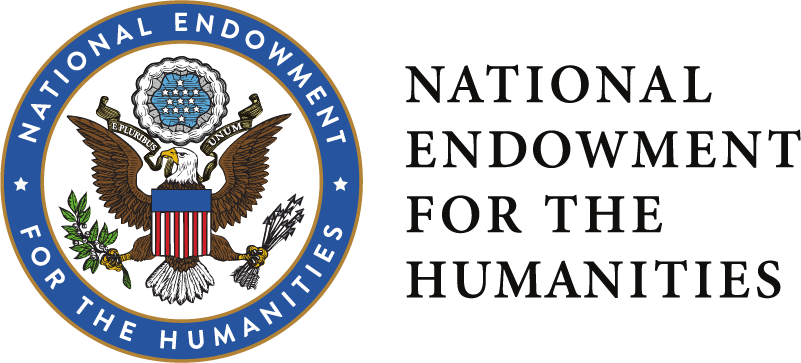
Freedom Box
Place made:Cork, Munster, Ireland, Europe
Culture: Irish
Date: n.d.
Medium: Silver with agate
Dimensions:
height with lid: 1 in. (2.5 cm)
diameter: 2 3/8 in. (6 cm)
Credit Line: San Antonio Museum of Art, bequest of John V. Rowan, Jr.
Object number: 2004.13.90
Markings: No marks
Label Text
The freedom of a city is a traditional honor, derived from the gift of the keys of the city gates during the Middle Ages. In earlier times freedom to work or live in a particular community was not a right one was entitled to, but rather a privilege bestowed upon an individual by his community.
Over the centuries it became common to confer the freedom of a town to a man who had performed some outstanding service to his country. Freedoms were also presented for more local achievments and it would appear that guilds were sometimes tempted to honor people of importance or influence who were in a position to return favors for those received.
A presented freedom usually took the form of a scroll setting out the particulars of the guild or city donating the freedom and the name of the recipient. The scroll would be accompanied by a box fashioned in either gold or silver, usually engraved on the lid with the coat-of-arms of the donors, and on the base with the arms of the recipient. An engraved inscription around the side or base of the box was frequently used to set out the reasons for the presentation.
In the truly generous and openhanded tradition of the Irish, their guilds and cities were lavish in their gifts of freedom. Ireland had a wealth of silversmiths, and a flourishing book trade ensured that expert engravers were always available, well versed in producing coats-of-arms in the most exquisite cartouches. It is regrettable that they are seldom signed.
(Irish Silver from a Texas Collection - 2015)
Over the centuries it became common to confer the freedom of a town to a man who had performed some outstanding service to his country. Freedoms were also presented for more local achievments and it would appear that guilds were sometimes tempted to honor people of importance or influence who were in a position to return favors for those received.
A presented freedom usually took the form of a scroll setting out the particulars of the guild or city donating the freedom and the name of the recipient. The scroll would be accompanied by a box fashioned in either gold or silver, usually engraved on the lid with the coat-of-arms of the donors, and on the base with the arms of the recipient. An engraved inscription around the side or base of the box was frequently used to set out the reasons for the presentation.
In the truly generous and openhanded tradition of the Irish, their guilds and cities were lavish in their gifts of freedom. Ireland had a wealth of silversmiths, and a flourishing book trade ensured that expert engravers were always available, well versed in producing coats-of-arms in the most exquisite cartouches. It is regrettable that they are seldom signed.
(Irish Silver from a Texas Collection - 2015)
Not on view
In Collection(s)
The San Antonio Museum of Art is in the process of digitizing its permanent collection. This electronic record was created from historic documentation that does not necessarily reflect SAMA's complete or current knowledge about the object. Review and updating of such records is ongoing.

 This resource has been made possible in part by the National Endowment for the Humanities: Exploring the Human Endeavor.
This resource has been made possible in part by the National Endowment for the Humanities: Exploring the Human Endeavor.
